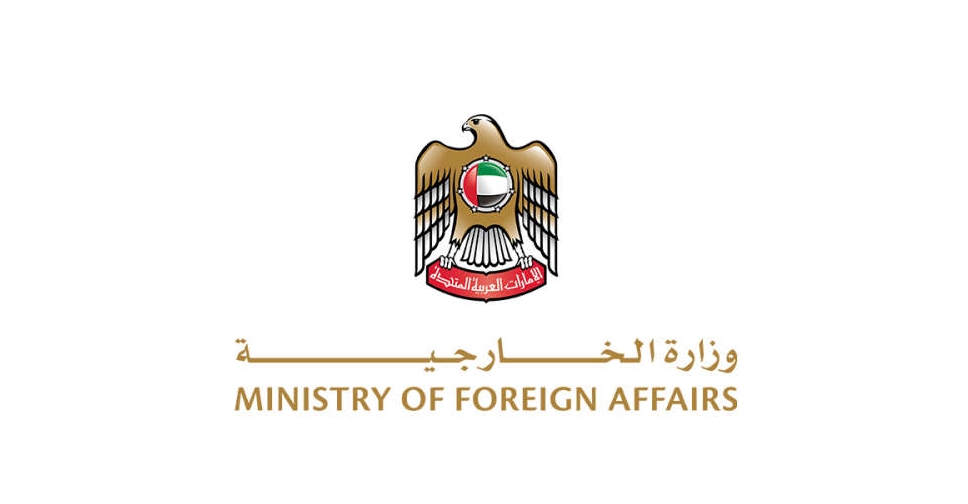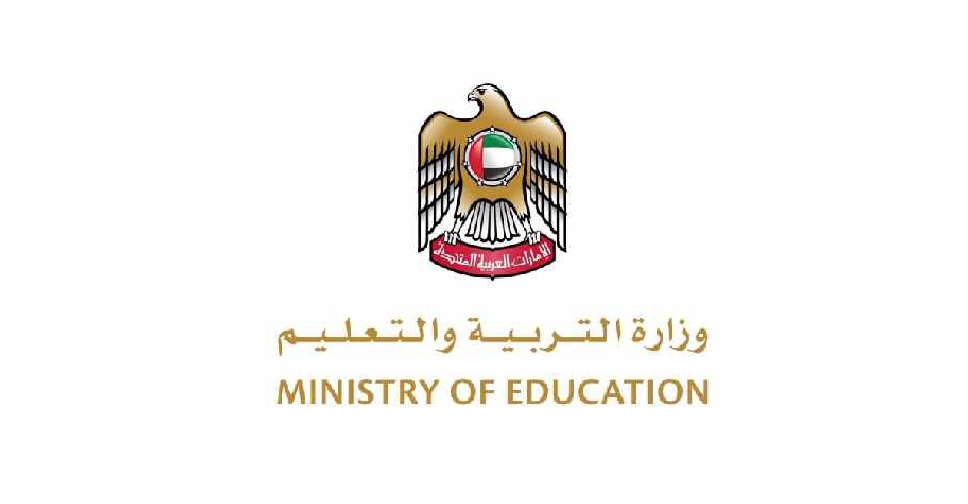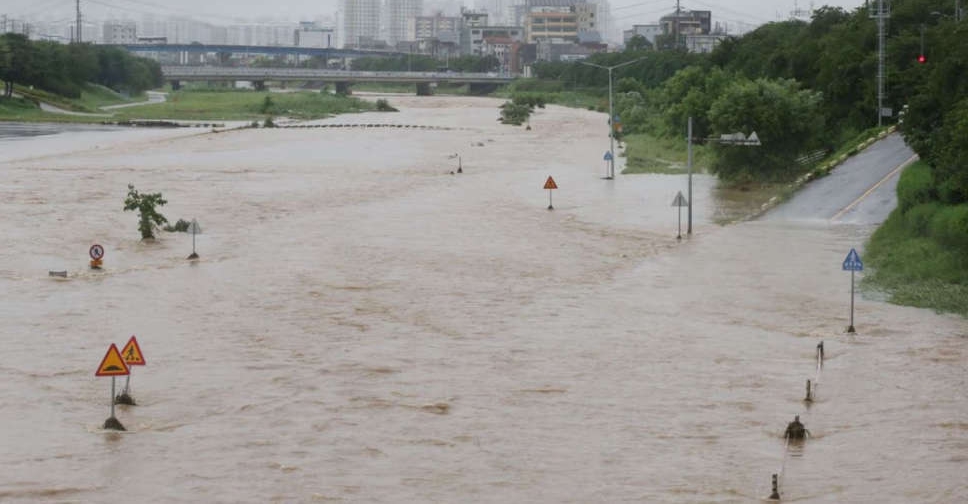
The South Korean government put officials on high alert for the height of the summer monsoon season as torrential rain swept across the country on Friday, causing power cuts and forcing more than a hundred people to evacuate their homes.
Over 4,000 households have experienced power cuts in the capital, Seoul, due to the heavy rain that began on Sunday with 135 people forced to evacuate nationwide, as of 6:00 am (local time), according to the Ministry of Interior and Safety.
One person is missing in the southern city of Busan while one has been injured in South Jeolla Province.
In a meeting with government agencies, Prime Minister Han Duck-soo said ensuring "no casualties were caused" was of utmost importance and ordered officials to stay on alert. More than 10,500 police were put on traffic duty and increased patrols.
Last summer, the capital city of Seoul was hit with floods caused by the heaviest rain in 115 years, inundating semi-basement flats in low-lying neighbourhoods, including in the largely affluent Gangnam district.
North Korea has also been getting heavy rains and might open floodgates at dams on rivers flowing across the border between the two Koreas, Han added.
"Heavy rain is expected in Hwanghae Province and we need to thoroughly prepare for the possibility that North Korea might release water from its Hwanggang Dam," he said, referring to the North's central region.
Such water releases, often without notice by Pyongyang, have caused sudden surge of water in rivers that in previous years caused flooding and resulted in deaths in the South.
The Unification Ministry, which handles relations with the North, said on Friday it again sent a message last month requesting notice in the event of water release but received no response.


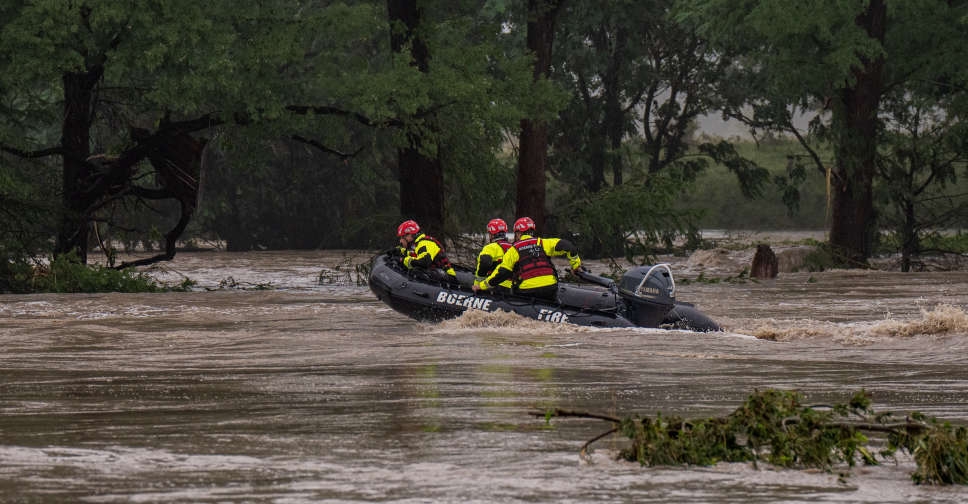 At least 24 dead in Texas flash flooding
At least 24 dead in Texas flash flooding
 Aid foundation says two of its workers injured in Gaza
Aid foundation says two of its workers injured in Gaza
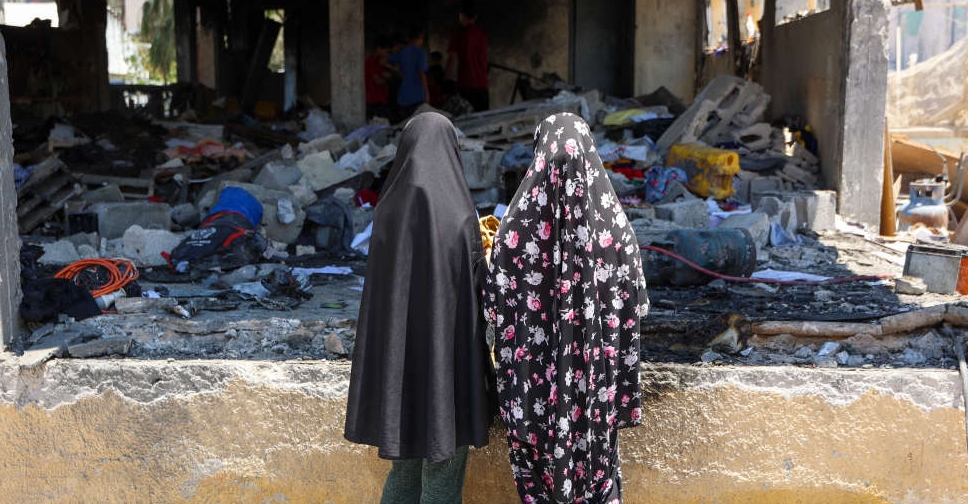 Hamas says it responds to Gaza ceasefire proposal in 'positive spirit'
Hamas says it responds to Gaza ceasefire proposal in 'positive spirit'
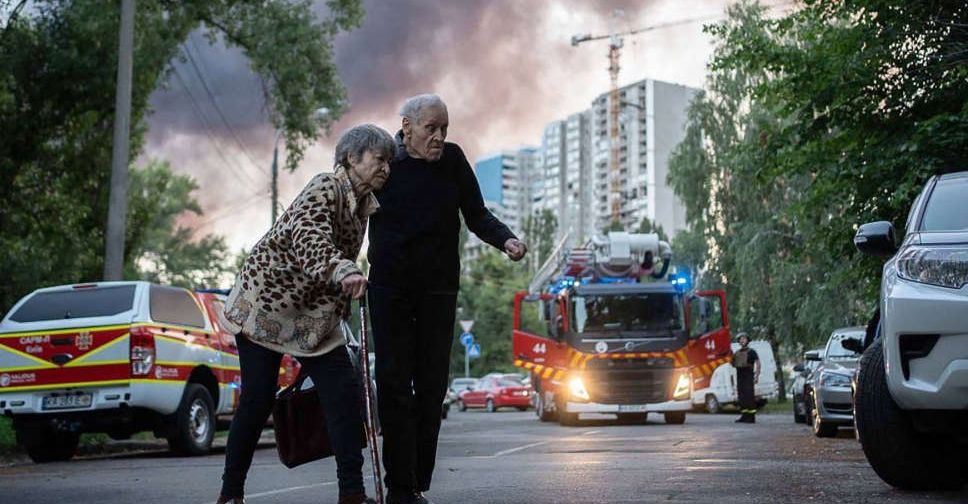 Russia pounds Kyiv with largest drone attack, hours after Trump-Putin call
Russia pounds Kyiv with largest drone attack, hours after Trump-Putin call
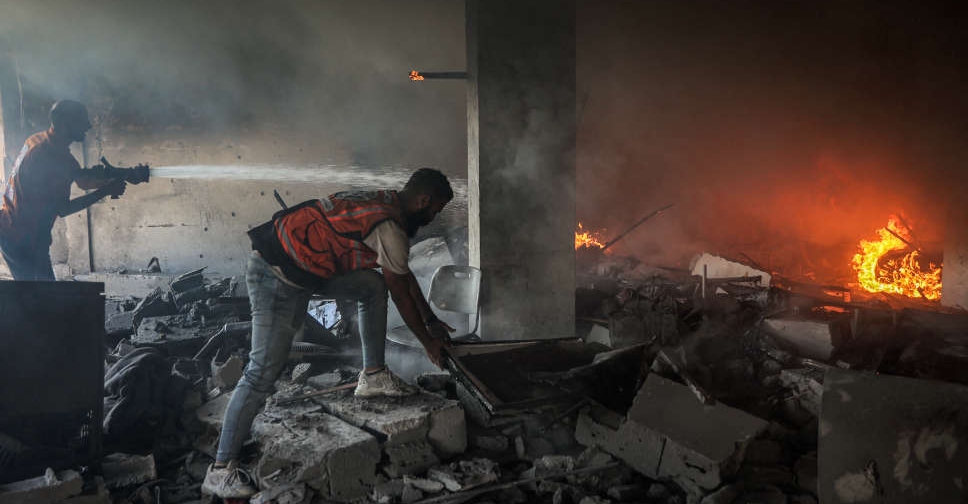 Trump says he expects Hamas decision in 24 hours on 'final' peace proposal
Trump says he expects Hamas decision in 24 hours on 'final' peace proposal

